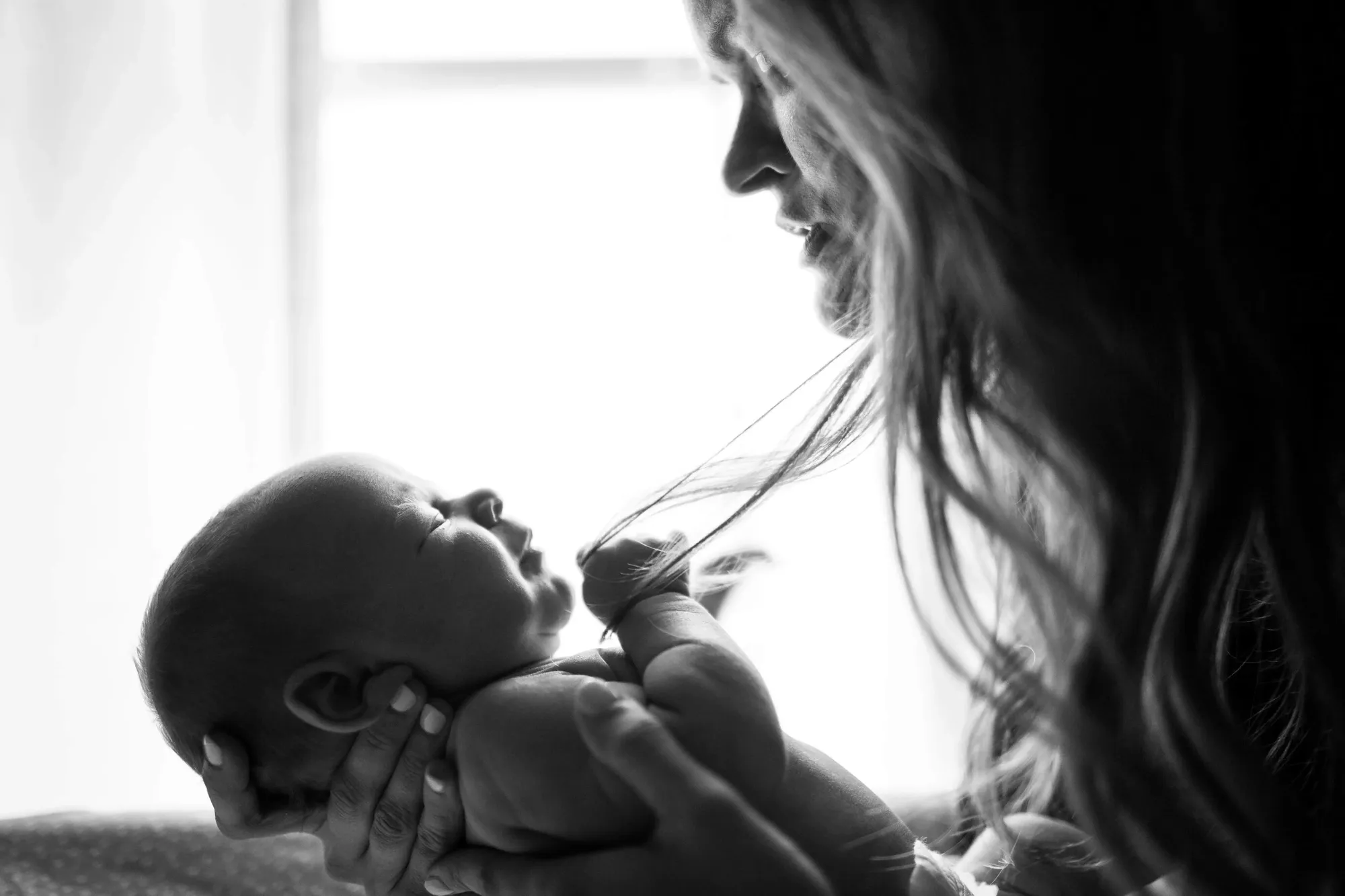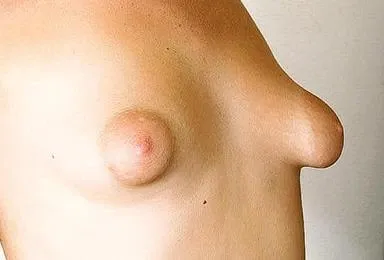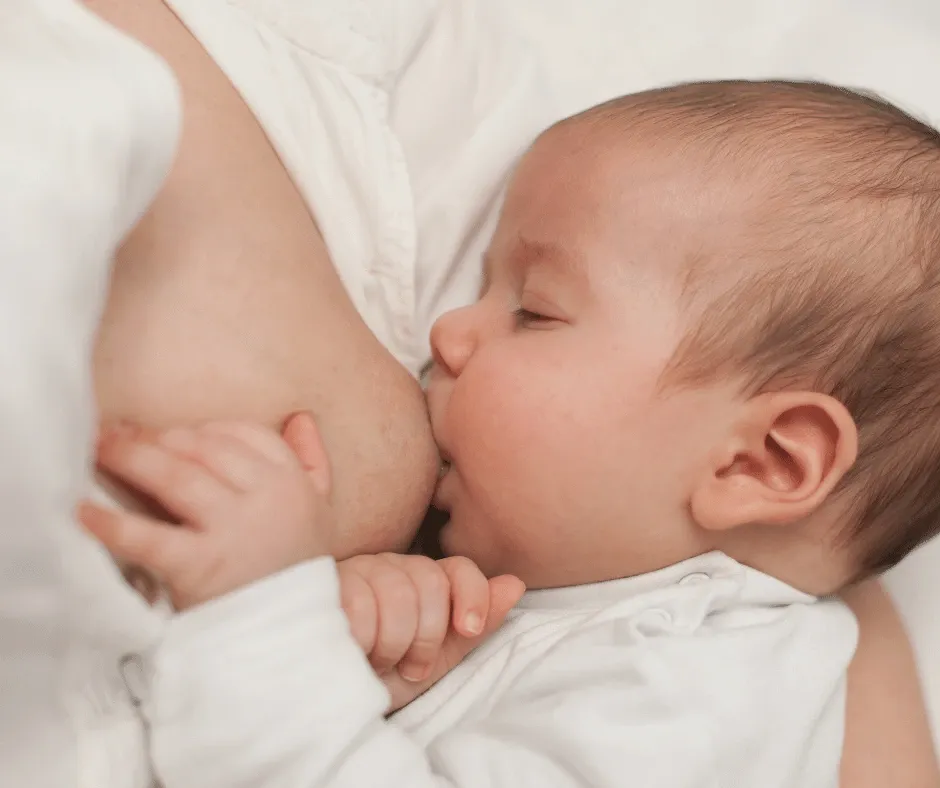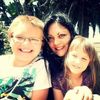Identify Tubular Breasts & Produce More Milk
Tuberous breasts are usually flat against the chest wall and often look like empty hanging sacks. The nipple and areola area is often swollen (or enlarged) and bulging at the tip.

Tubular hypoplastic breasts are underdeveloped breasts. They, therefore, have insufficient breast tissue (milk-producing cells). The result is no milk or deficient milk supply.
This condition is also called hypoplasia, tubular breast syndrome, or tuberous breast.
What Do Hypoplastic Breasts Look Like?
- Tuberous breasts are usually flat against the chest wall and often look like empty hanging sacks.
- The nipple and areola area are often swollen (or enlarged) and bulging at the tip.
- Hypoplastic breasts are usually far-spaced from each other.
- They often have a tubular appearance, but not always.
- The two breasts are also often lopsided.
- Tuberous breasts can be small or large. Larger breasts are made up of more fatty tissue but lack glandular tissue.

Other Signs Associated With Tubular Breasts
- Lack of breast changes during puberty.
- The breasts don’t seem to become larger or engorged during pregnancy.
- There is no engorgement after giving birth.
What Causes Tubular Breast Deformity?
- A lack of progesterone prohibits the growth of the alveoli (milk-producing cells).
- Pesticides have been linked with this condition. Women who live in agricultural valleys have been found to have poor breast gland development.
- Tubular breasts with PCOS. An endocrinologist is the best person to see about this issue if you have PCOS because the regular FP or OB/GYN won’t know how to help you.
- Hypothyroidism.

How to Produce More Milk With a Tuberous Breast Deformity
- Increased stimulation, like breastfeeding on demand and pumping in-between feedings.
- Managing metabolic issues, such as PCOS and hypothyroidism, can help.
- Ask your doctor about natural progesterone during your pregnancy. Progesterone stimulates the growth of glandular tissue during pregnancy.
- Trying natural herbs or other galactagogues to increase milk supply.
- Trying breast massage for extra stimulation.
- Use a supplementary feeding device to breastfeed while your baby receives donor milk/formula. This will stimulate your breasts while your baby is feeding.
- Women with tubular breasts have been found to produce more milk during their second or third pregnancies because of the hormones produced with each that increase the growth of milk glands.
Tubular Breast Reconstruction
Hypoplastic tubular breasts can look normal after surgery. Still, a woman must realize that her chances of breastfeeding after surgery are slim since surgery cannot fix hypoplasia internally by adding glands. Surgery can only improve the outward appearance; some glandular tissue is always destroyed during the operation.

The Tushbaby Hip Carrier
With its ergonomic design and comfortable waistband, Tushbaby provides optimal support for you and your baby. Say goodbye to shoulder and back pain from traditional carriers, as Tushbaby evenly distributes your baby's weight, relieving strain and promoting better posture.
Comments
Tubular Breasts and Breastfeeding, by Sophie
"I have always had small breasts, and even before I got pregnant, I would worry that my baby would starve because I couldn't get enough milk. I was reassured by a lactation consultant and family members who had breastfed successfully despite having small breasts. So I decided I, too, would breastfeed exclusively.
When I realized after five weeks that my baby had not gained enough weight, I was devastated, and I felt guilty for not realizing how hungry he was. I was given a medication (domperidone) to increase my supply; I nursed every two hours, pumped, etc. Still, I had to supplement, or else my poor little Charles would cry for hours and sleep very little.
I have given up breastfeeding after two months. It was heartbreaking but, in some way, a relief to see my baby happy and gaining weight. I tried to do both (breastfeeding and supplementing) for a while, but it was just too much trouble for me, and I was getting tired and depressed.
Throughout all this experience, no one (doctor, nurse, or lactation consultant) told me I had hypoplastic breasts. I just eventually figured it out myself! I wonder why this issue is not talked about more. I had never bothered too much about the aesthetic aspect of having a small chest, but this was like the ultimate insult to my womanhood. What kind of woman can't make milk for her own baby? Reading stories similar to mine has helped me cope with this. I am now at peace with myself.
I hope that there is more awareness about this in the future and that although breast is best, there is no sin in bottle feeding when nature does not allow you to breastfeed."
Tuberous breasts and breastfeeding, by Erin Allbright (Texas, USA)
"I had my first child when I was 20, and I thought breastfeeding was gross, to be honest.
I never even considered anything other than using formula. No one in my family had ever breastfed. I even remember my grandmother talking about how she thought breastfeeding was unnecessary because formula was available, and babies did just fine on it.
So, I fed my daughter formula, washed bottles, paid for expensive formula, lugged around all the needed bottle-feeding supplies, and never thought twice about it. Three years later, my son was born, and I was older and less affected by what my family thought, so I researched breastfeeding and decided I wanted to try it.
I remember the first time Benjamin nursed and how much of a connection I felt with him. I loved everything about breastfeeding. It was convenient and good for my baby and me, and I felt like I was more of a woman and a mom.
Being new at breastfeeding and because I'd never been around anyone who breastfed, I didn't know what I was doing. When I took Benjamin in for a checkup at five days old, he'd lost 15% of his weight. He was dehydrated, had jaundice, and had to return to the hospital.
A nurse brought me a breast pump so I could pump while Ben was under the lights for his jaundice. I used a hospital-grade pump for an hour and didn't get enough milk to cover the bottom of the bottle. I realized that I had been starving my baby. I felt so much guilt. Benjamin began receiving formula, and I gave up on breastfeeding. Five years later, I found out I was going to have another baby.
This time I educated myself. I read everything I could about breastfeeding; I bought an expensive pump and stocked up on herbs and vitamins that were supposed to help with milk production. I told my family that this was my baby and my body, regardless of their opinions on the topic. I was going to do what I felt was best.
I was going to breastfeed my baby this time; I knew it.....I was diagnosed with Hypoplastic Breast tissue three days ago.
My son was five days old, and I knew breastfeeding would work for me this time. I WAS SHOCKED when I took Jackson to the doctor and discovered he'd lost over 10% of his original birth weight. Then the lactation consultant had me breastfeed him and then re-weighed him. After 15 min of feeding, he'd only taken in 8 ccs.
She then examined my breasts and told me that I had Hypoplastic breasts, which means I don't have enough breast tissue. I sat there for a minute, listened to what she said, and then realized I was sobbing.
My grandmother was with me at the appointment, and I thought I was about to hear, "I told you so," but she began to cry and explain to the lactation specialist that I had tried so hard and that it was so important to me.
I then started thinking about my older son. When I was breastfeeding him, and he became ill due to low milk supply, my friends and family (myself included) joked and said that my breasts were too small and that I was starving him. Realizing that this was somewhat true all along was heartbreaking and embarrassing.
I had tried so hard this time to make breastfeeding work. I'd read every article, bought supplements and a pump, and let my new baby nurse for ridiculous amounts of time, thinking that maybe it was a problem with the transfer of the milk rather than the supply, and he needed a little more time.
I also wondered why no one had ever mentioned this to me before now. Why hadn't someone said something when Benjamin was so sick? At least I would have known what to do when Jackson got here and wouldn't be going through this again.
I've been supplementing for a day and a half now, and I break down and cry every time I give him a bottle. I continue to pump and let him nurse, but it's just not enough to keep him healthy and full.
I never thought I'd be this upset about not being a success regarding breastfeeding, but this has broken my heart.
I feel like I'm less of a mom, but I know it's not my fault and that I did try so hard. I am considering using donor milk, but I want to research that more. I want him to get the best start in life."
Second-time breastfeeding, by Patty
"I was also told this when I first visited a location consultant in the hospital after delivering my first child. I was shocked. I'm an a-cup and have always worried about being able to produce enough milk. But I did a lot of research and felt confident that my size did not matter.
I had never heard or read anything about spacing being a concern! I brushed her off and stuck to my instinct. I nursed my first until she was 18 months, and I am now nursing my second child, who is 13 months. I've never had to supplement. Everyone's body is different - work closely with your baby and a supportive lactation consultant. If things don't work out and you have to supplement or exclusively formula feed, you are still a great mom, giving your baby a great start just by trying!"
Breastfeeding with tubular breasts, by Ann-Marie
"My breasts are a full bandwidth apart, and I managed to breastfeed my children for eight weeks and 12 weeks, respectively. I had massive milk production."
Header photo by Zach Lucero on Unsplash
